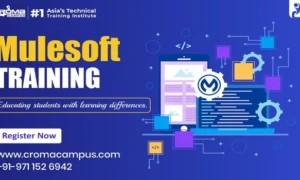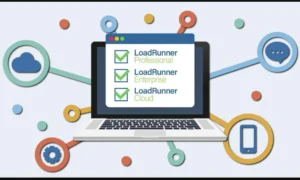In today’s rapidly changing educational landscape, the concept of homeschooling has taken on a new dimension with the advent of online homeschooling. This innovative approach to learning offers students and parents a unique and flexible way to receive a quality education. In this article, we will delve into the world of online homeschooling, exploring its benefits, challenges, and how to get started. Let’s embark on this educational journey.
What is Online Homeschooling?
Online homeschooling, often referred to as virtual homeschooling, is an educational method that allows students to learn from the comfort of their homes using digital resources and the internet. This method of learning can be tailored to meet the needs and preferences of individual students and their families.
The Benefits of Online Homeschooling
Flexibility
One of the primary advantages of online homeschooling is the flexibility it offers. Students can create their own schedules, allowing them to pursue other interests and hobbies while receiving a quality education. This flexibility is particularly beneficial for students with special needs or those involved in extracurricular activities.
Personalized Learning
Online homeschooling allows for a highly personalized learning experience. Students can progress at their own pace, focusing on their strengths and working on their weaknesses without the pressure of keeping up with a traditional classroom’s pace. This approach ensures a deeper understanding of the subjects being taught.
Safety and Security
In a world where safety and security concerns are paramount, online homeschooling provides a secure and controlled environment for learning. Parents can monitor their child’s online activities, ensuring a safe and protected learning space.
Challenges of Online Homeschooling
While online homeschooling has numerous benefits, it also presents some unique challenges.
Lack of Social Interaction
One of the criticisms of online homeschooling is the potential lack of social interaction. Students may miss out on the social experiences and friendships that are an integral part of traditional schooling. To counteract this, parents may need to facilitate extracurricular activities or find ways for their children to socialize with peers.
Parental Involvement
Online homeschooling requires a significant level of parental involvement. Parents need to take an active role in guiding and monitoring their child’s education. This involvement can be demanding, especially for working parents.
Technical Issues
Technical issues, such as internet connectivity problems or computer malfunctions, can disrupt the learning process. To ensure a smooth online homeschooling experience, a reliable internet connection and up-to-date technology are essential.
How to Get Started with Online Homeschooling?
Choosing the Right Curriculum
The first step in starting online homeschooling is choosing the right curriculum. Many online educational providers offer a wide range of courses and materials, allowing parents and students to select the most suitable options for their needs.
Setting Up a Learning Environment
Creating a conducive learning environment at home is essential. Students should have a dedicated space for studying, free from distractions. A quiet and organized area can significantly enhance the learning experience.
Time Management
Effective time management is crucial for online homeschooling. Students need to adhere to a schedule and complete their assignments in a timely manner. Learning to manage time efficiently is a valuable skill that will serve them well in the future.
Online Homeschooling vs. Traditional Schooling
Online homeschooling and traditional schooling each have their advantages and disadvantages. The choice between the two depends on individual preferences and circumstances. While online homeschooling offers flexibility and personalized learning, traditional schooling provides social interaction and a structured curriculum.
Conclusion
Online homeschooling has emerged as a viable and effective alternative to traditional schooling. It provides flexibility, personalized learning, and safety, but it also comes with challenges, such as the need for parental involvement. As technology continues to advance, online homeschooling is likely to become an even more prominent and accessible option for students.







































